PriestmanGoode’s planet-friendly takeaway food packaging
One year since the conception of PriestmanGoode's takeaway food packaging solution ‘Zero’ for Wallpaper* Re-Made, we find out how the project has developed
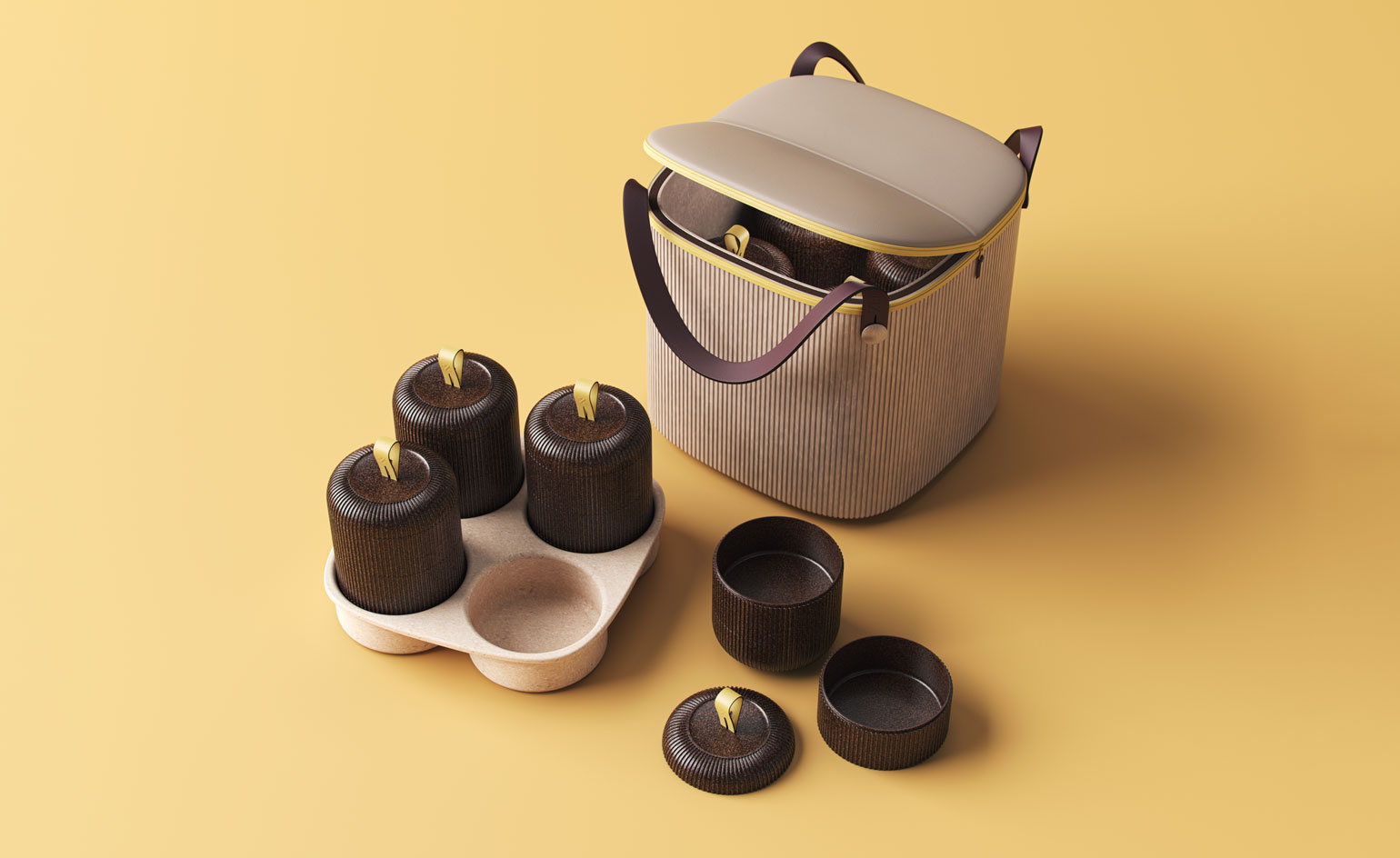
Carolyn Brown - Photography
In early 2020, Wallpaper* gave PriestmanGoode a problem: the mass of excess waste produced by food packaging. Its solution was ‘Zero’, a holistic reimagining of the entire takeaway food delivery system – convenience with a conscience.
The ‘Zero’ concept comprised a range of reusable, planet-friendly food containers and delivery rider bag, which the team are bringing to life in collaboration with sustainable material partners: Ananas Anam (Piñatex), Euphoam, (Lexcell, Made With Yulex), Crafting Plastics Studio (Nuatan), Paula Nerlich, (Cocoa_001), Ty Syml (Mycelium) and Margarita Talep, (Desintegra.Me). It also involved a rewards system – such as discounts on future orders – devised to encourage a circular economy mindset.
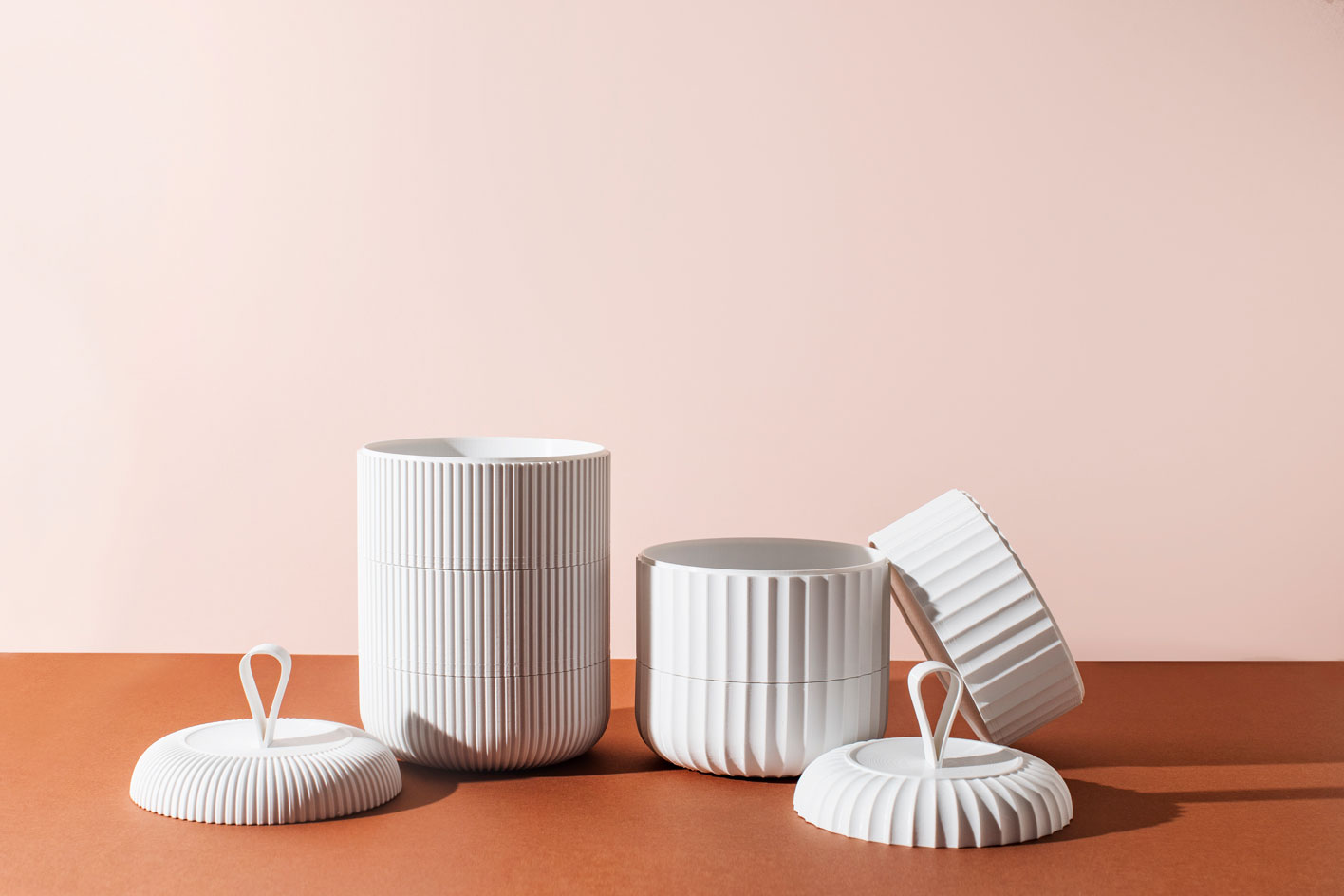
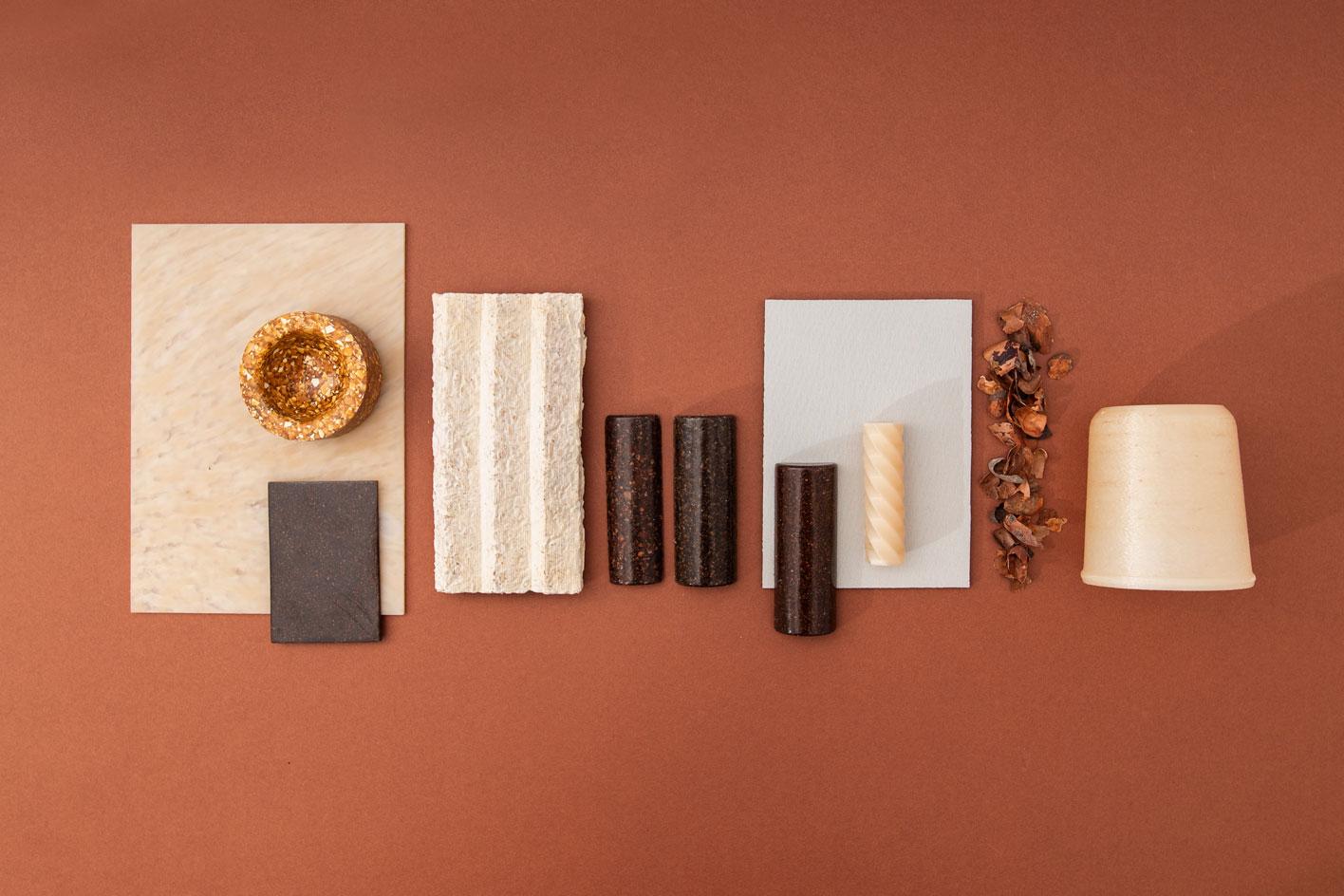
Top: 3D-printed models of PriestmanGoode’s ‘Zero’ takeaway containers, designed using environmentally conscious materials. Above: alternative materials by a range of sustainable manufacturers that could be used in the production of the project
Top: 3D-printed models of PriestmanGoode’s ‘Zero’ takeaway containers, designed using environmentally conscious materials. Above: alternative materials by a range of sustainable manufacturers that could be used in the production of the project
‘Zero’ proved an instant hit, with small start-ups, restaurant chains, food producers and global brands identifying its potential as a game-changer. ‘The project seems to resonate with people across all markets. It’s shown that there are other ways that you can approach food delivery and presentation, which address sustainability, aesthetics, customer experience and business needs,’ says Jo Rowan, associate director of strategy at PriestmanGoode.
So where can ‘Zero’ go from here? PriestmanGoode has taken the last year to think outside the takeaway box. ‘I think there are endless possibilities and applications, from packaging to furniture, interiors, and even transport,’ says Maria Kafel-Bentkowska, head of colour, materials and finish. ‘We’re seeing this in beauty, for instance, where some brands are focusing on natural products in environmentally conscious packaging, which is either compostable or reusable. Even larger supermarkets are starting to trial package-free bulk buying as a means to reduce waste.’
RELATED STORY
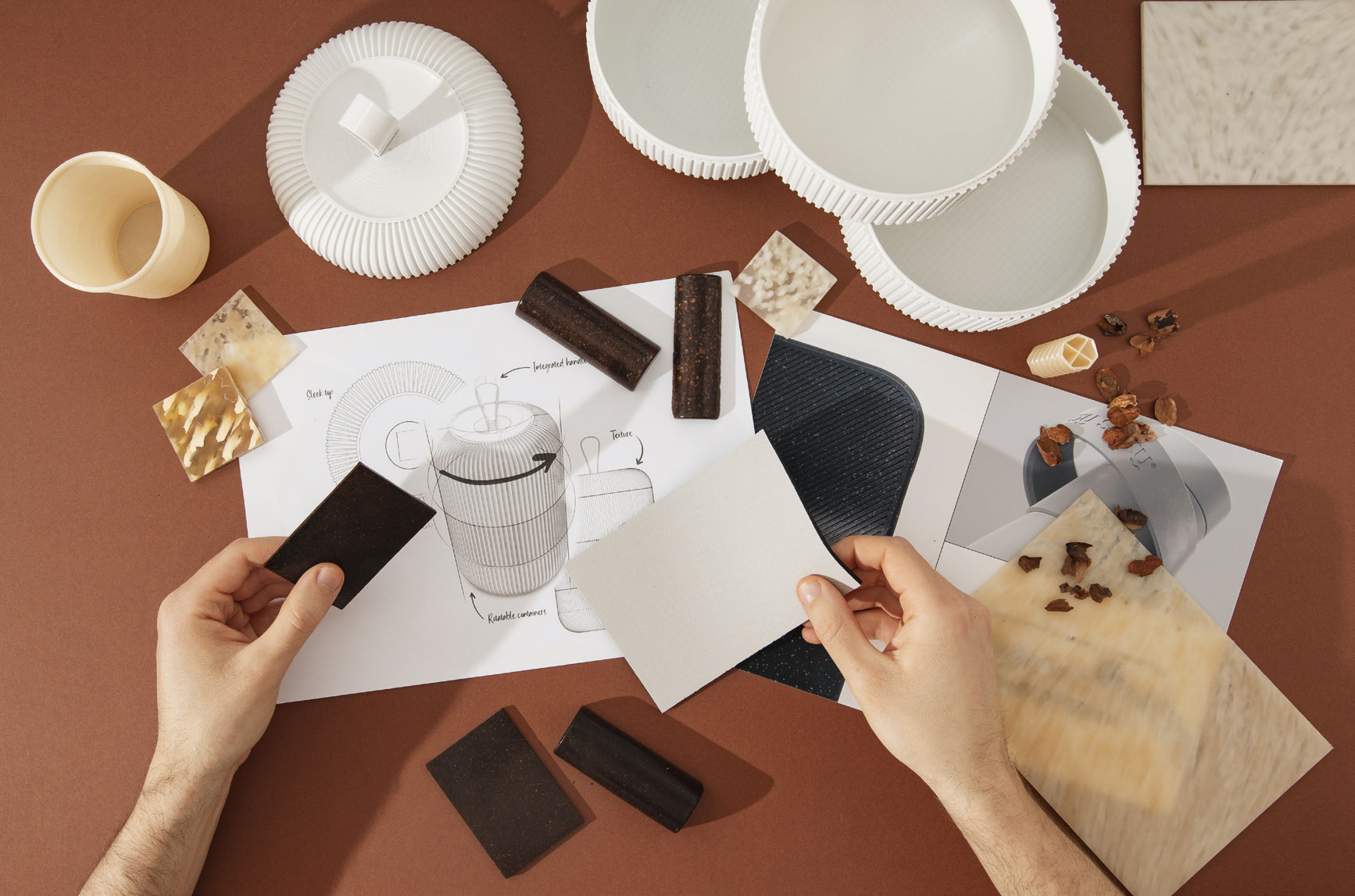

The pandemic has placed a new emphasis on food hygiene.The team are continuing to explore the potential of antimicrobial additives, reactive materials, and a communications strategy for safe delivery processes with minimal human contact.
Covid-19 also brought with it some regressive views on disposability, but though plastic consumption may have increased, so too have the initiatives, legislation and research doubling down on waste. ‘We have seen a lot of new plastics entering the market as a result of the pandemic, in PPE and testing kits for instance. But what this seems to have done is to accelerate awareness of the issue of plastic waste across all industries,’ says Kafel-Bentkowska. ‘It’s encouraging to see that there is now momentum from all sides towards tackling this issue. For systemic change to happen, we need change in consumer behaviour, in supply chains and in legislation.’
Wallpaper* Newsletter
Receive our daily digest of inspiration, escapism and design stories from around the world direct to your inbox.
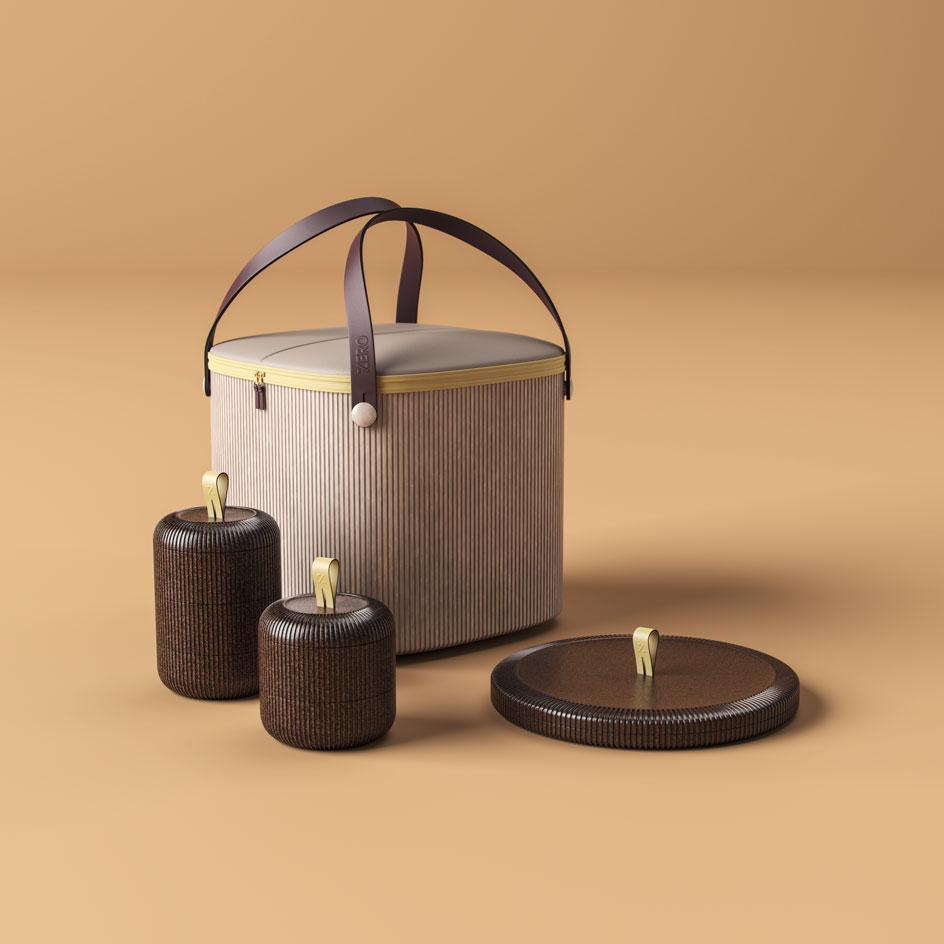
INFORMATION
Harriet Lloyd-Smith was the Arts Editor of Wallpaper*, responsible for the art pages across digital and print, including profiles, exhibition reviews, and contemporary art collaborations. She started at Wallpaper* in 2017 and has written for leading contemporary art publications, auction houses and arts charities, and lectured on review writing and art journalism. When she’s not writing about art, she’s making her own.
-
 Put these emerging artists on your radar
Put these emerging artists on your radarThis crop of six new talents is poised to shake up the art world. Get to know them now
By Tianna Williams
-
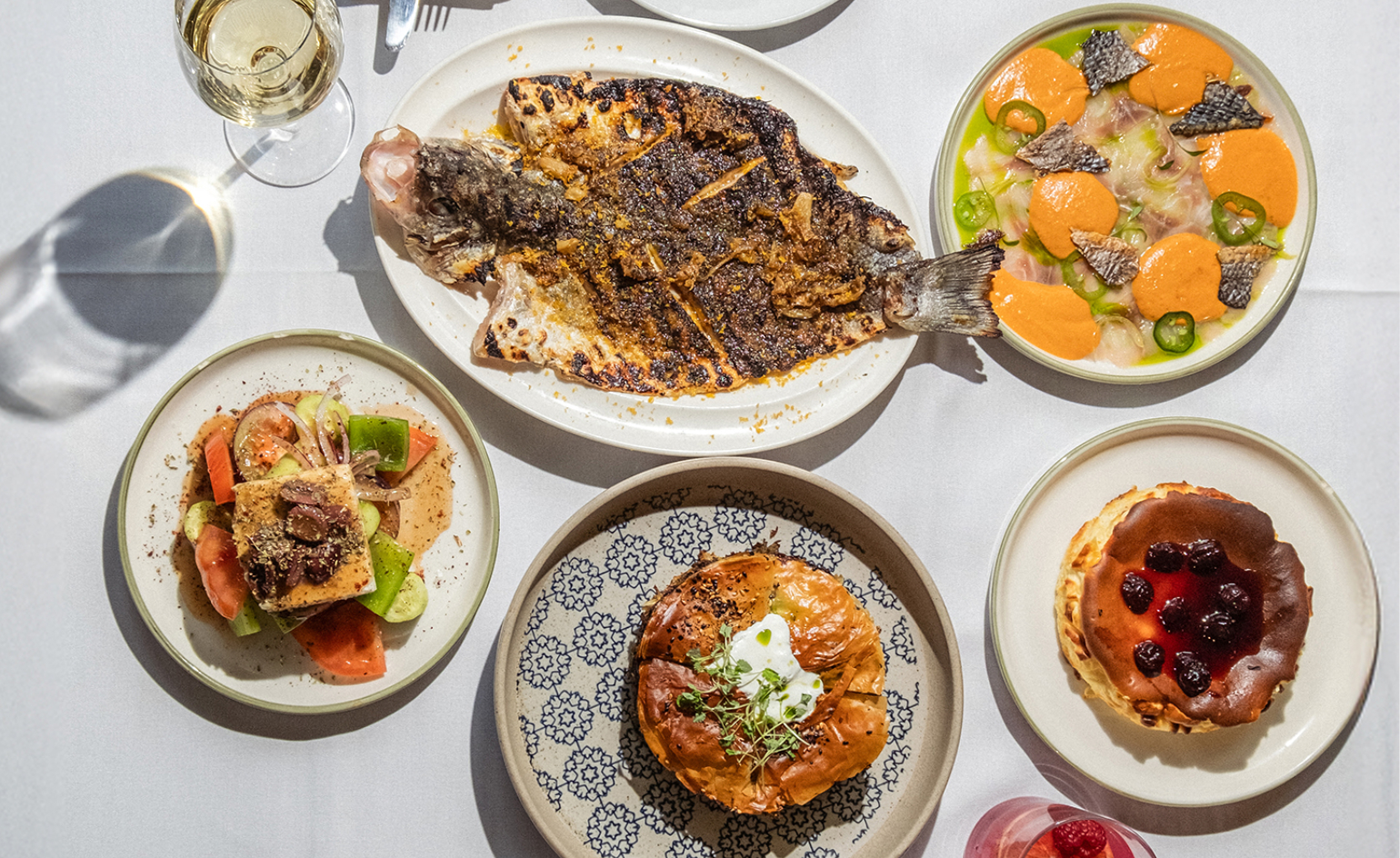 Dining at Pyrá feels like a Mediterranean kiss on both cheeks
Dining at Pyrá feels like a Mediterranean kiss on both cheeksDesigned by House of Dré, this Lonsdale Road addition dishes up an enticing fusion of Greek and Spanish cooking
By Sofia de la Cruz
-
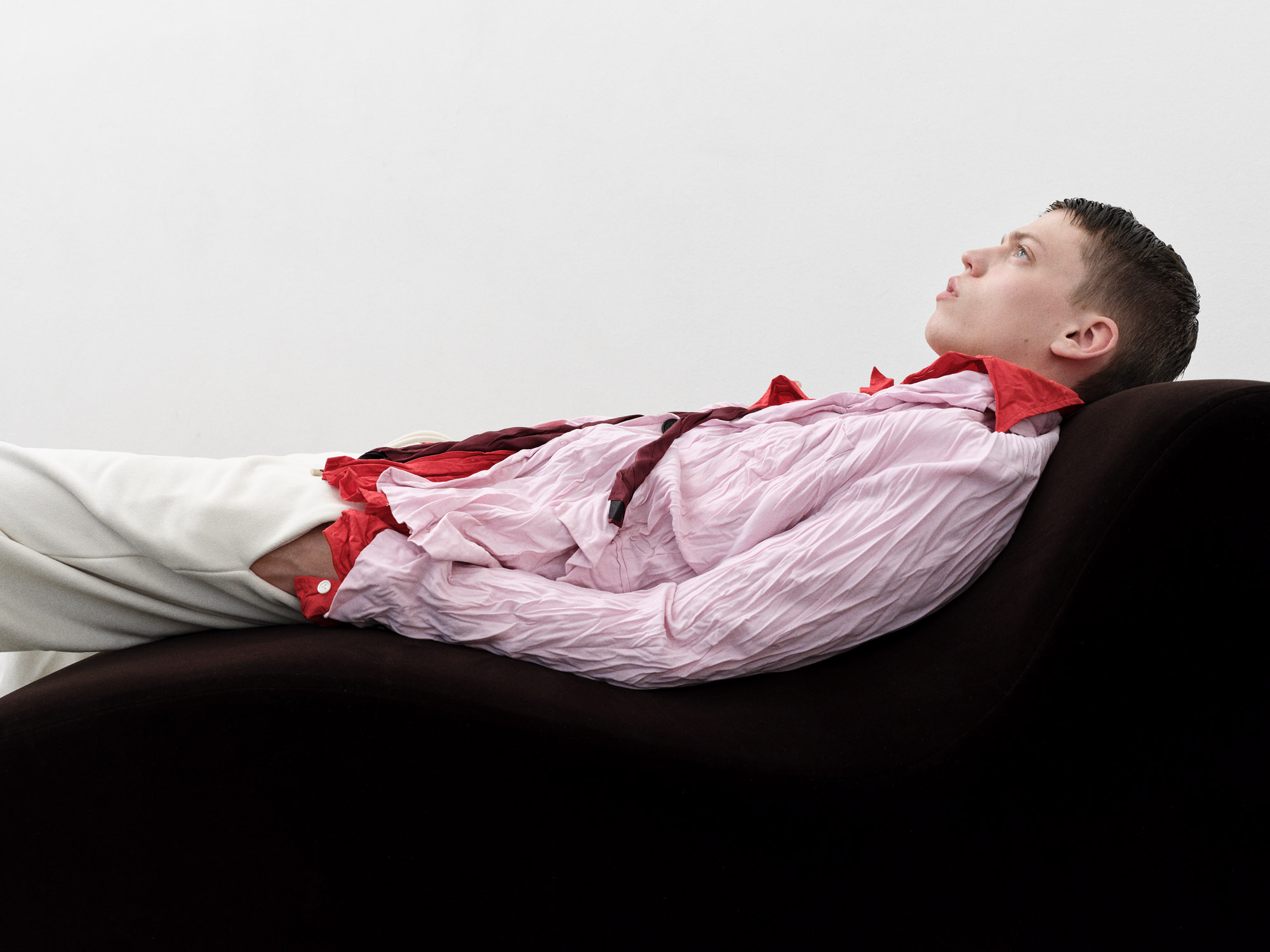 Creased, crumpled: S/S 2025 menswear is about clothes that have ‘lived a life’
Creased, crumpled: S/S 2025 menswear is about clothes that have ‘lived a life’The S/S 2025 menswear collections see designers embrace the creased and the crumpled, conjuring a mood of laidback languor that ran through the season – captured here by photographer Steve Harnacke and stylist Nicola Neri for Wallpaper*
By Jack Moss
-
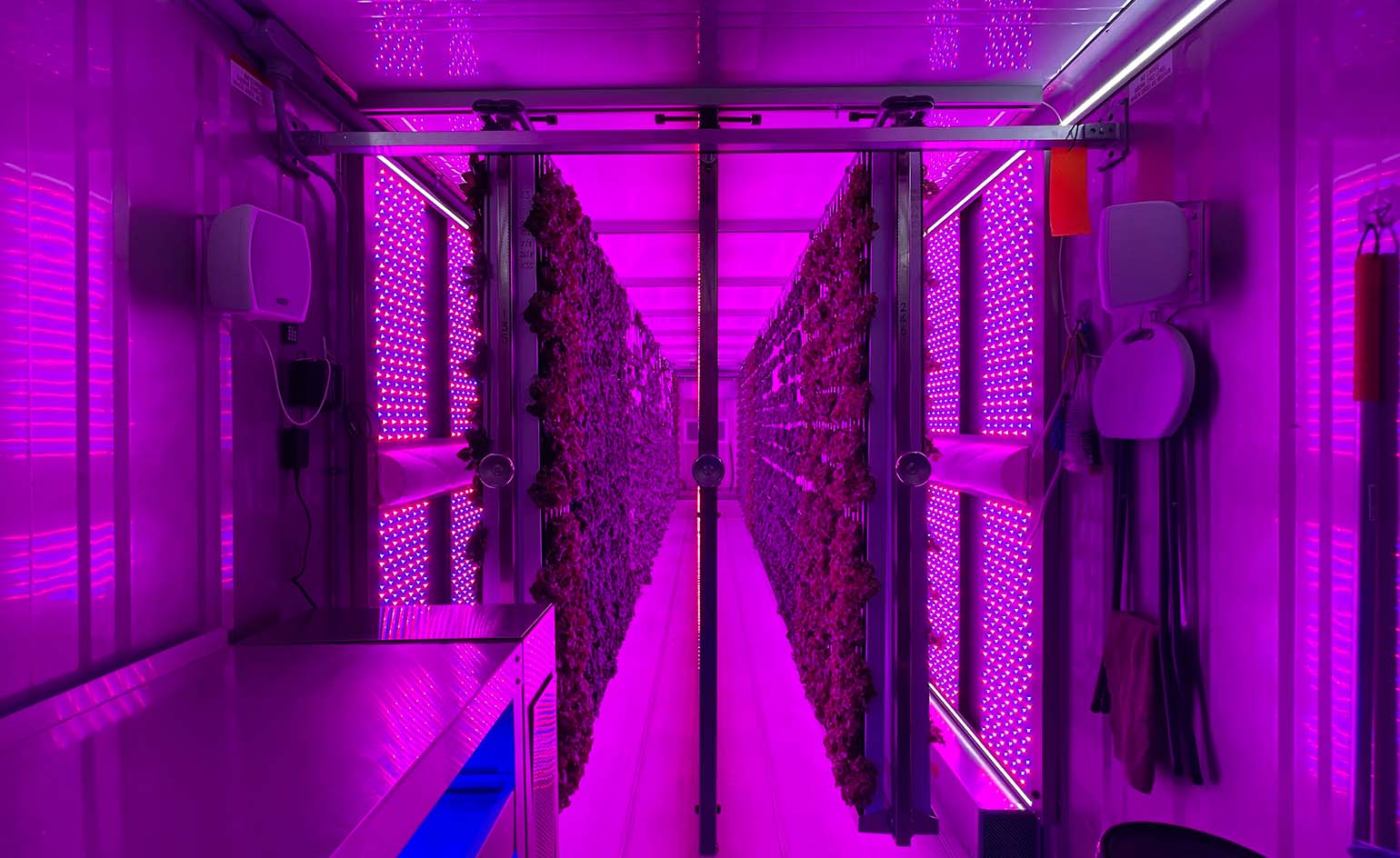 The sustainable farming innovator delivering to London homes and restaurants
The sustainable farming innovator delivering to London homes and restaurantsSustainable farming innovator Crate to Plate is pioneering fresh produce in London with the support of Michelin-starred restaurant Hide
By Mary Cleary
-
 Cooking Sections: visualising a responsible food industry
Cooking Sections: visualising a responsible food industryTurner Prize-nominated Cooking Sections explore how we can create and consume food more sustainably. Priya Khanchandani, head of curatorial at London’s Design Museum, talks to founders Daniel Fernández Pascual and Alon Schwabe about the politics of food, and fixing broken structures of consumption.
By Priya Khanchandani
-
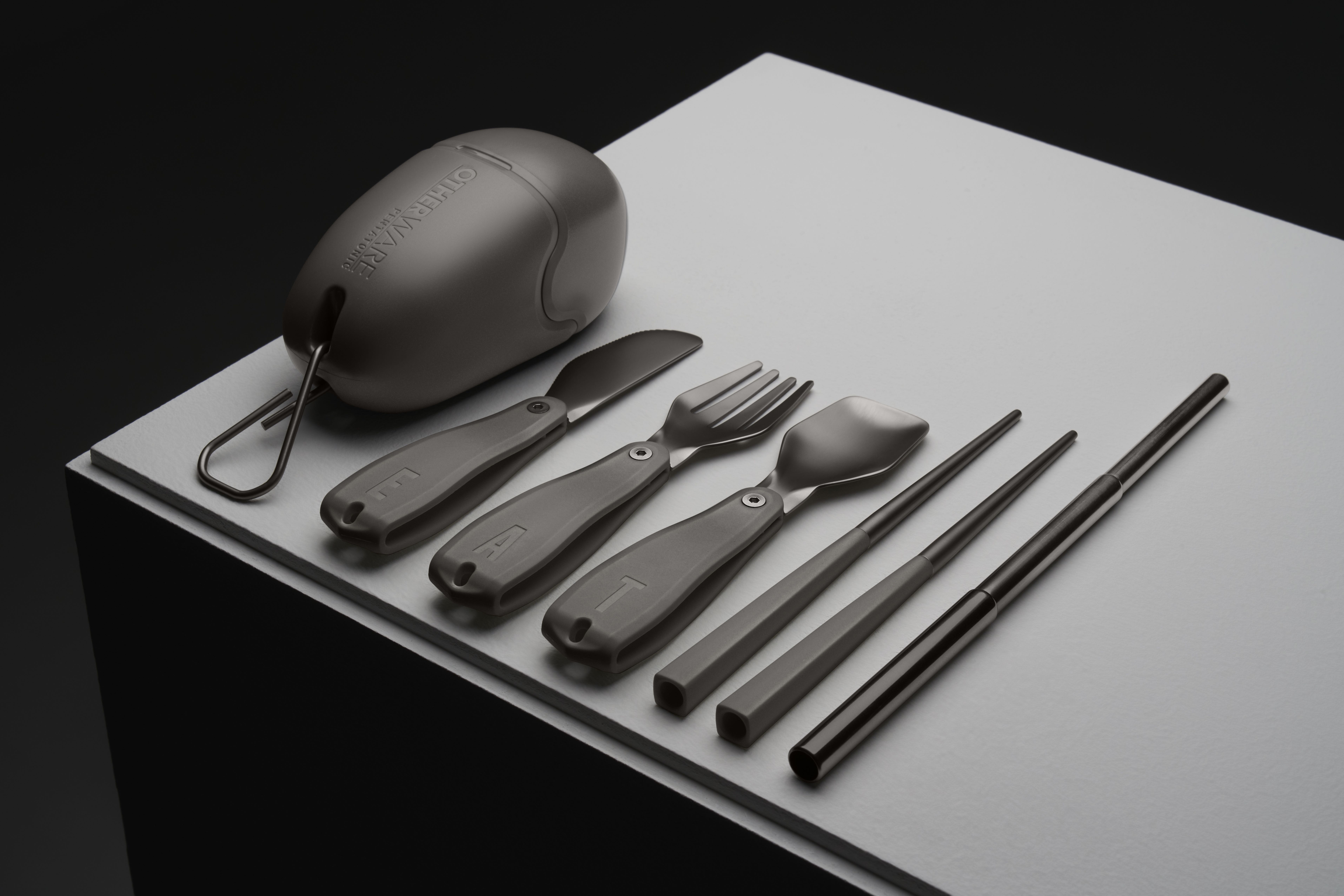 Snarkitecture rethinks Pharrell Williams’ portable dining pod
Snarkitecture rethinks Pharrell Williams’ portable dining podMade from recycled CDs, Pentatonic and Pharrell William’s mobile dining kit is back with a stylistic update, courtesy of New York practice Snarkitecture
By Elly Parsons
-
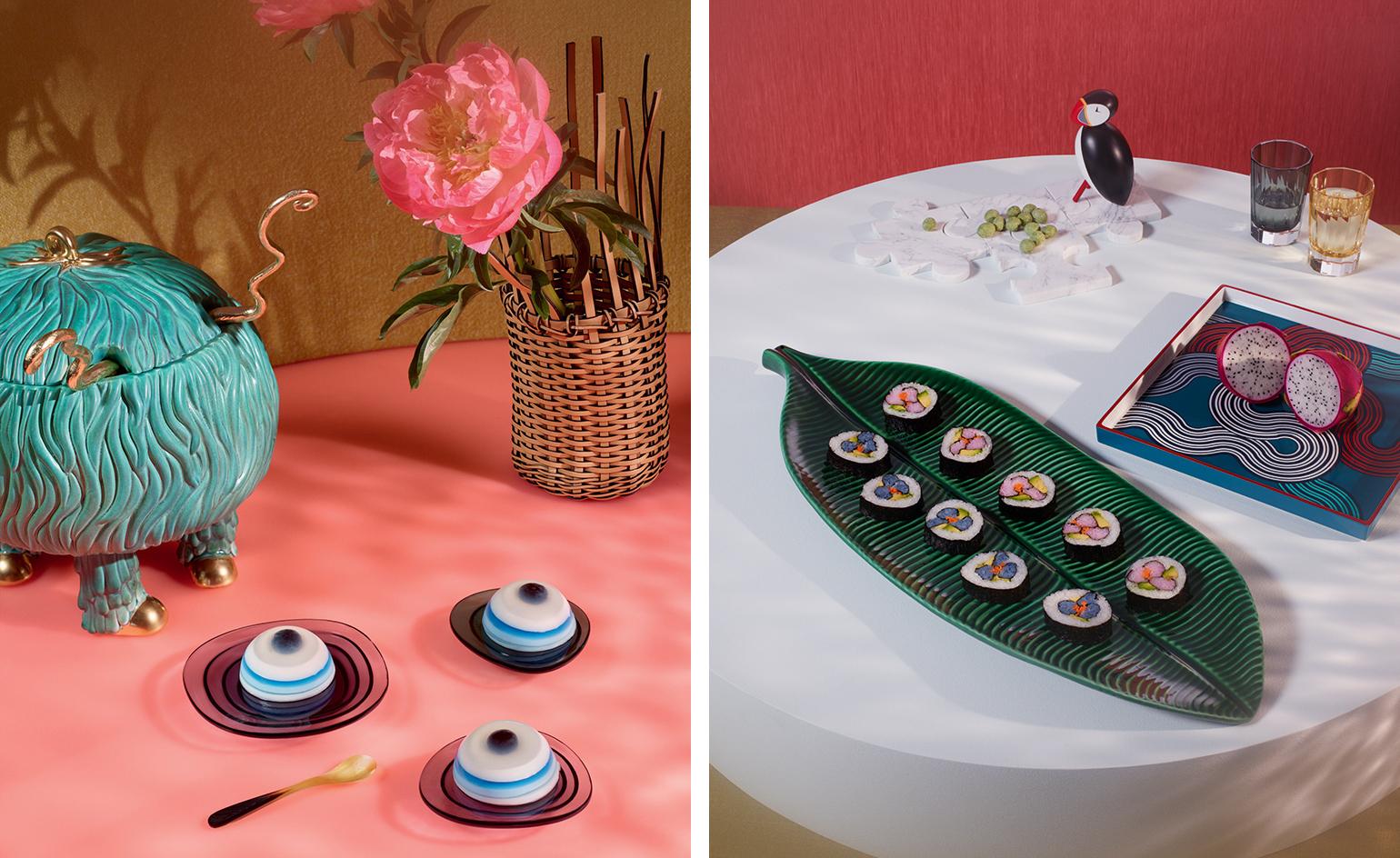 Beyond the sea: the many second-lives of seaweed
Beyond the sea: the many second-lives of seaweedFrom jelly desserts to takeaway food containers, we explore the various uses of seaweed
By Mary Cleary
-
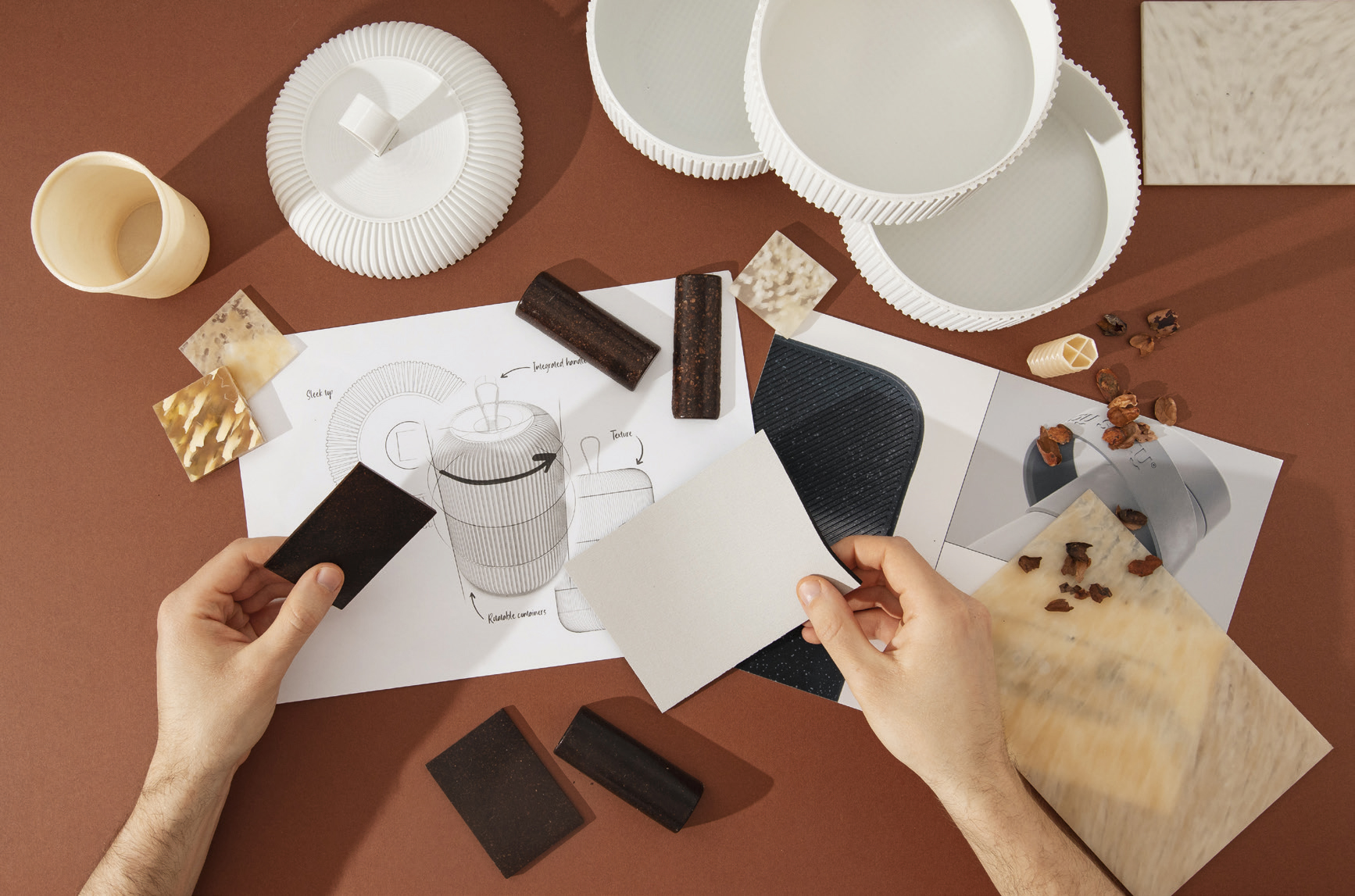 Is this the future of takeaway food packaging?
Is this the future of takeaway food packaging?For Wallpaper* Re-Made, PriestmanGoode puts material responsibility on the menu and recruits like minds to re-think the future of the takeaway
By Harriet Lloyd-Smith
-
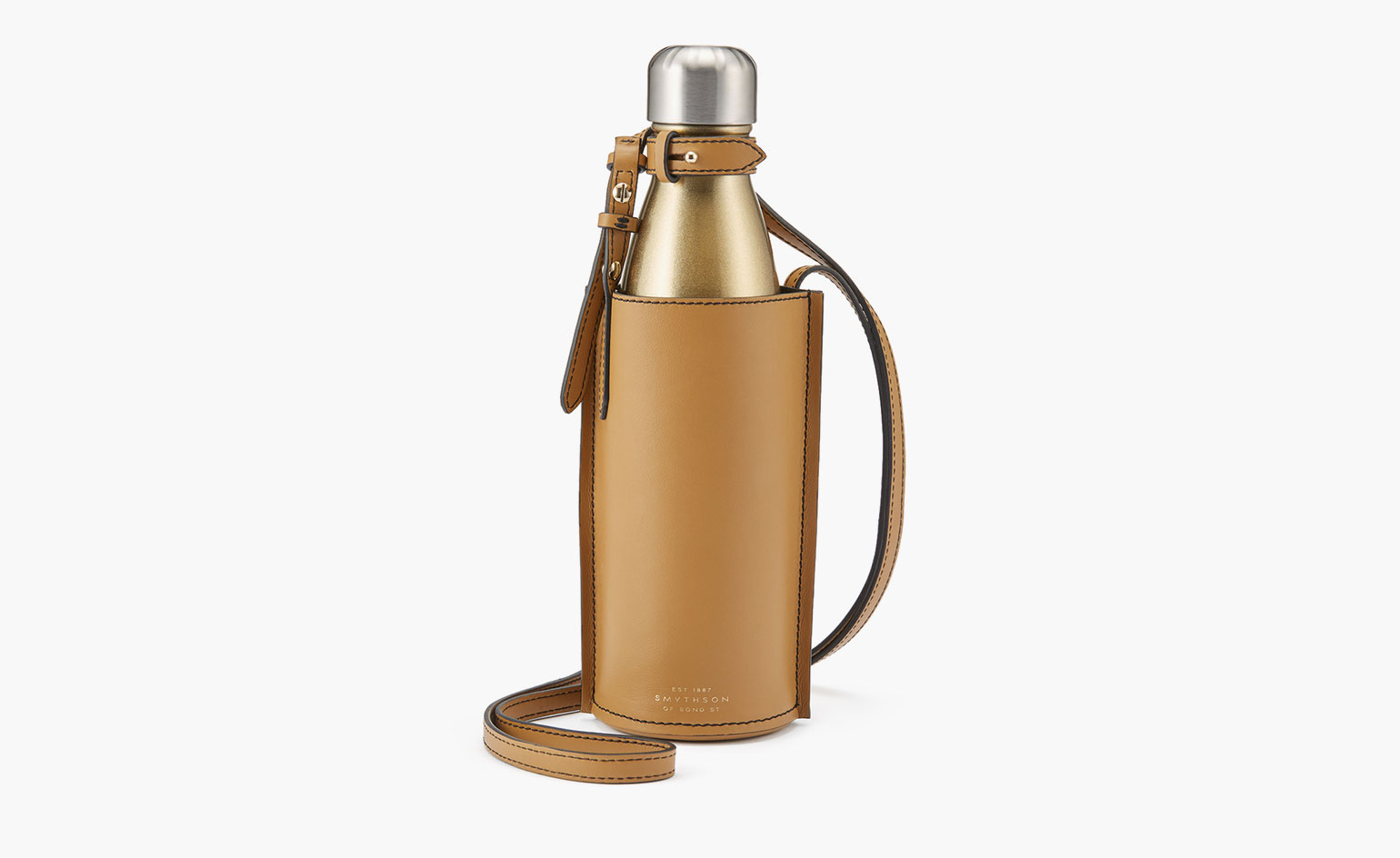 Sustainable water bottles aiming to cap plastic waste
Sustainable water bottles aiming to cap plastic wasteOur picks of the best sustainable water bottles pair aesthetics with utility for sophisticated sipping
By Melina Keays
-
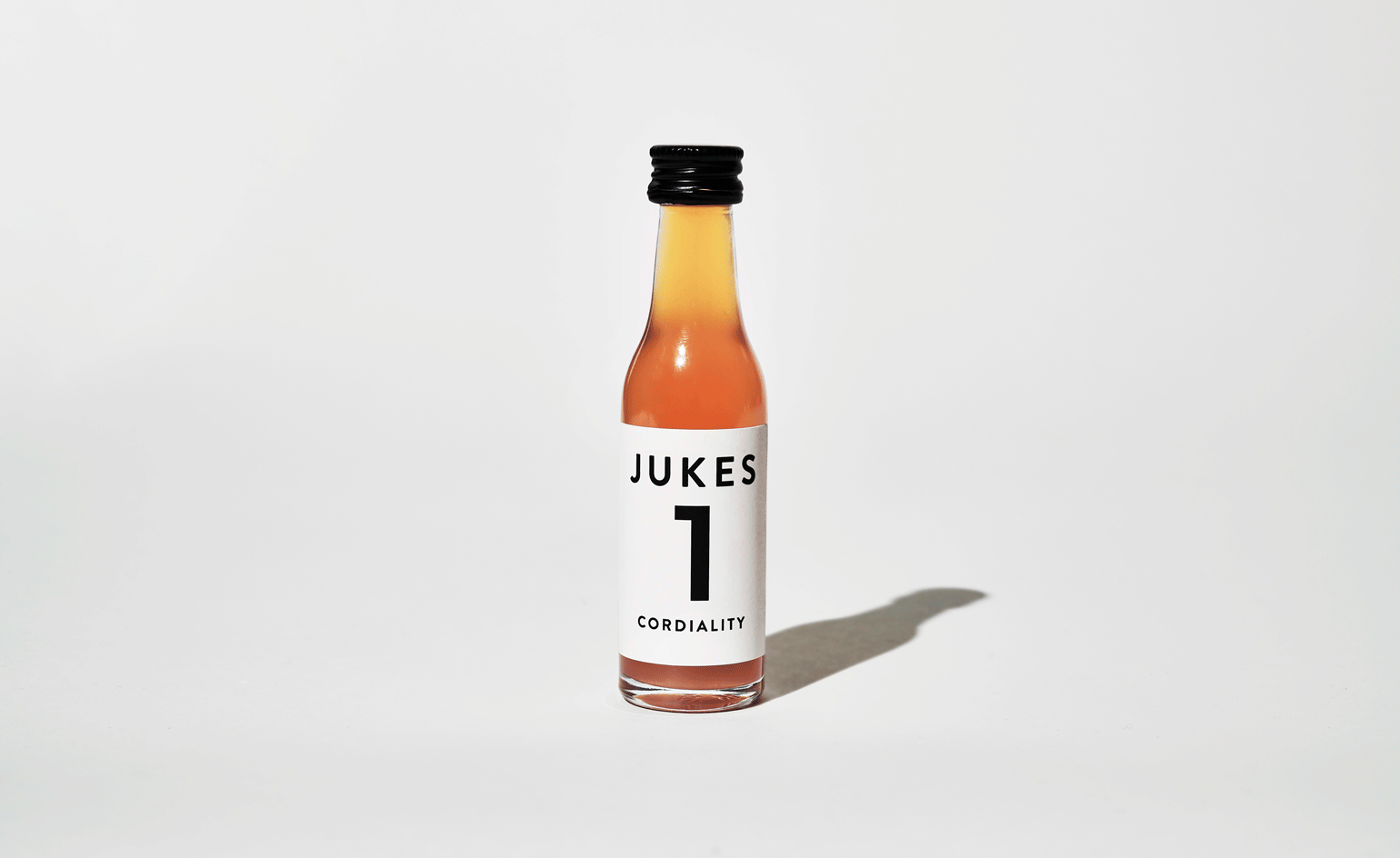 Barber Osgerby design non-alcoholic drinks
Barber Osgerby design non-alcoholic drinksBarber Osgerby go full circle as the creative directors behind the packaging for the man who gave them their first-ever commission
By Elly Parsons
-
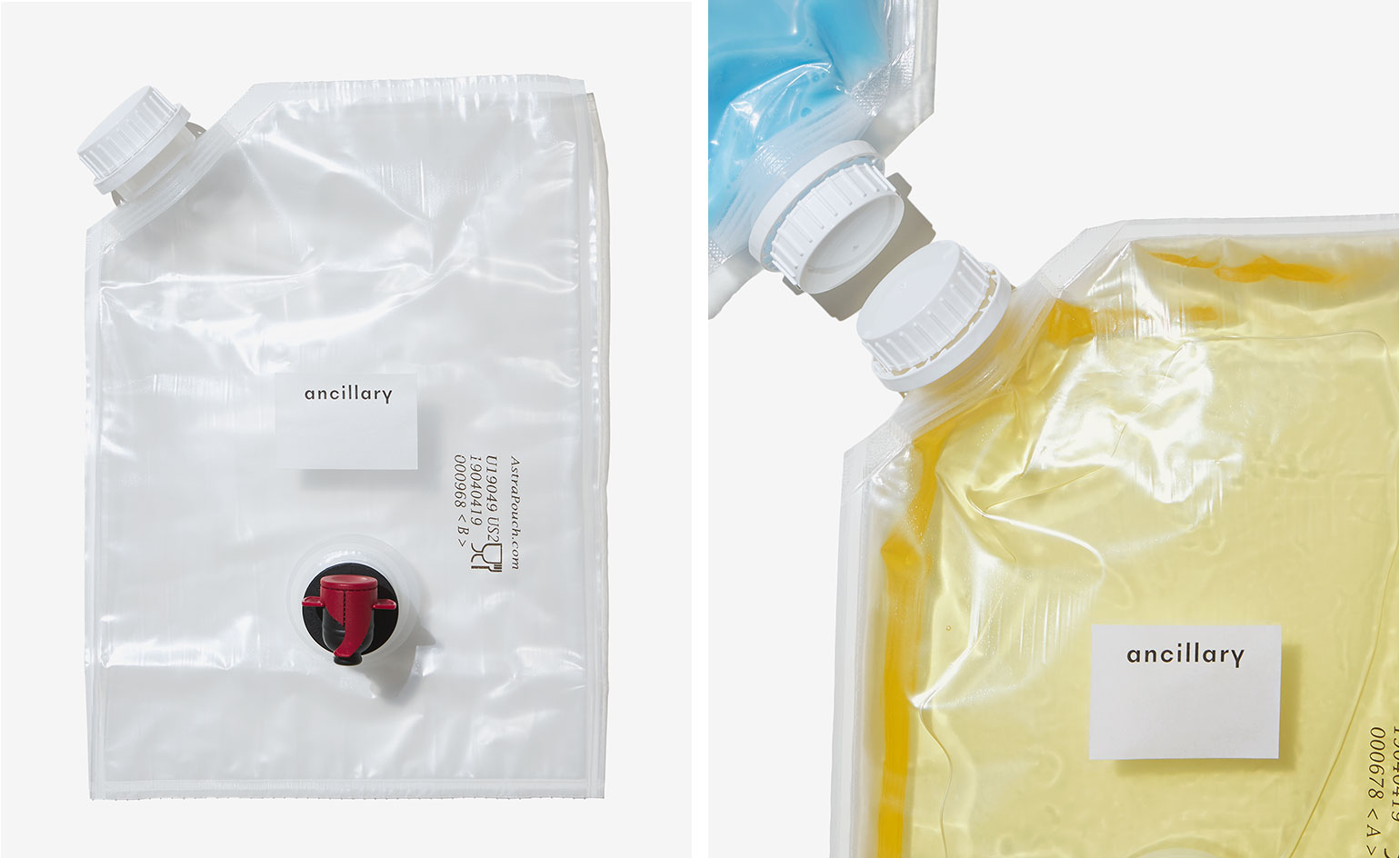 Eat up Ancillary Equipment's radical food storage solutions
Eat up Ancillary Equipment's radical food storage solutionsNot only providing innovative alternatives to food storage, Ancillary Equipment is a manifesto to our uncertain, dystopian future
By Phoebe Gardner